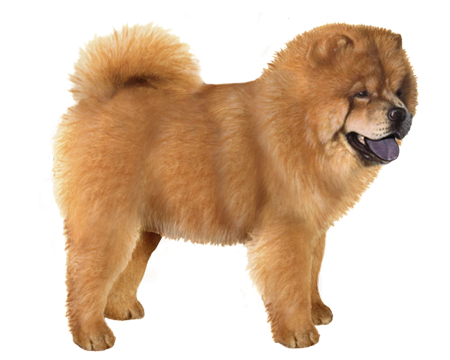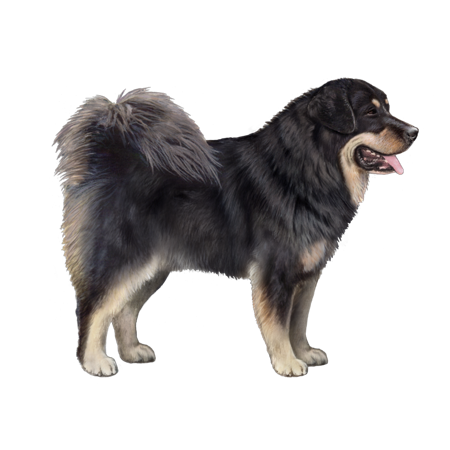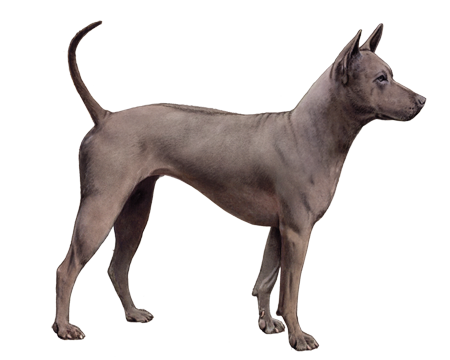
Russian-European Laika
Lively and affectionate dogs, Russian-European Laikas are loyal to their humans. They have a friendly nature and get along well with kids, making them an excellent choice for a family pet.
Interested in discovering if your dog is a Russian-European Laika?
Check out Wisdom Panel's DNA tests.
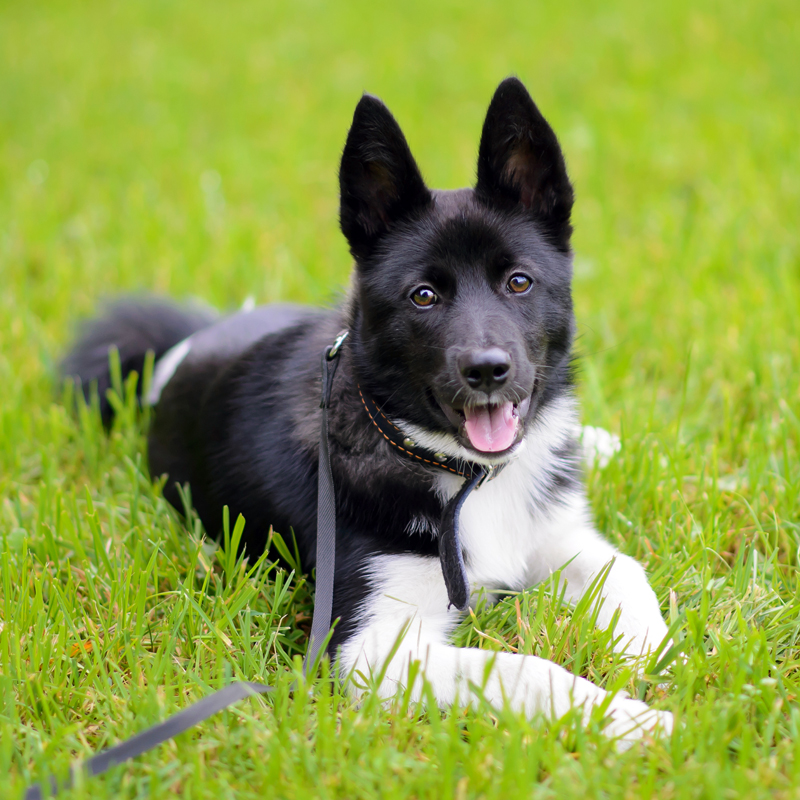
Russian-European Laika Traits
General Appearance
The Russian-European Laika is the smallest of the Laika breeds. These strong, medium-sized dogs have slightly rectangular bodies.
Coat and Coloring
Russian-European Laikas have straight, harsh outer coats and well-developed undercoats. The hair on their face and ears is short. Longer hair covers their neck, shoulders, and withers—forming a beard on their cheekbones and a collar around the neck.
Their coats can be black, grey, or salt and pepper, with white markings. But they're either predominantly dark with white patches or predominately white with dark patches. Both heavy ticking on the legs and red color are considered undesirable under the breed standard.
Distinctive Physical Traits
Russian-European Laikas have relatively small heads, dark, oval eyes, prick ears, and a tail that curls over the back.
Russian-European Laika Temperament
These friendly, loyal dogs make excellent family pets. They're affectionate with their people and extremely tolerant of kids. But they can be aloof around strangers.
Russian-European Laikas have a territorial nature and may act aggressively if another dog enters their space. So, it's essential to socialize these dogs early to teach them how to respond appropriately to such situations. Consistent training can also help them overcome any natural tendencies to guard toys, food, or other objects when sharing a household with other pets.
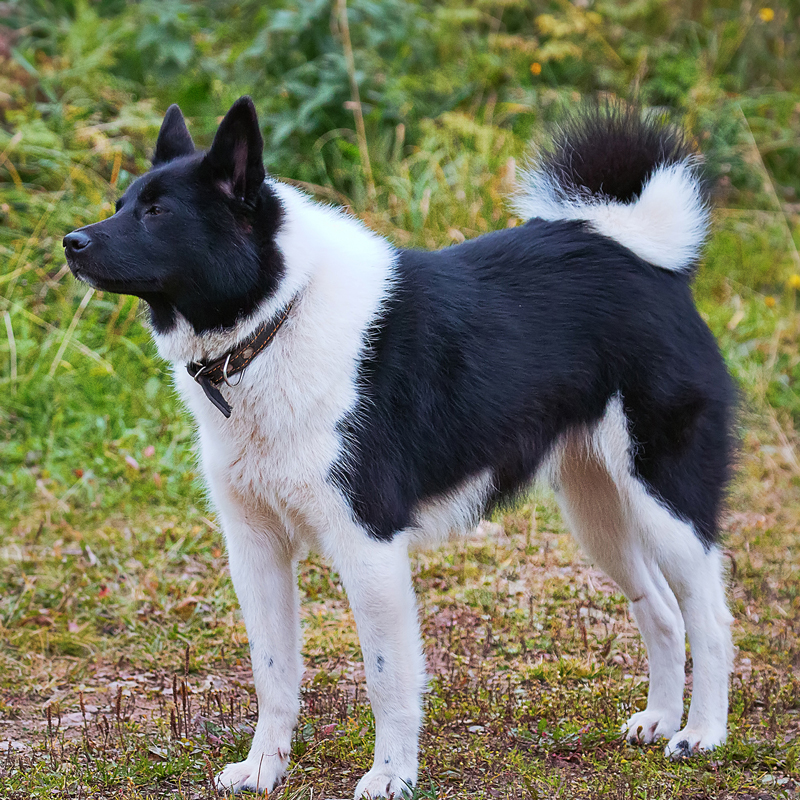

Russian-European Laika History
The Russian-European Laika is one of several Laika breeds. These all-around hunting dogs originated in the European part of Russia—between Finland and the Uralian mountains. They belong to the Spitz family of dogs and are closely related to the Karelian Bear Dog.
Originally used to hunt squirrels, the Russian-European Laika grew adept at hunting assorted game. These versatile pups are skilled at treeing small animals (baying at them until the hunter arrives) and capable of tracking bears and moose.
The UKC recognized the Russian-European Laika in 1996.
Russian-European Laika Care
Nutrition
Laikas thrive on a high-quality diet formulated for their activity level, medium size, and life stage (e.g., puppy, adult, senior). To help your dog maintain a healthy weight, be sure to monitor their food intake—including treats. As a rule, treats should make up no more than 10% of a dog's calories.
Grooming
Laikas are naturally clean dogs, so they don’t generally need baths. But their thick coats do require regular brushing to remove loose hair and prevent mats and tangles. Most of the year, brushing with a pin brush once or twice a week will suffice. But during seasonal shedding periods, daily brushing is best.
Beyond that, your Laika's grooming routine should include regular nail trims, ear cleanings, and dental care.
Exercise
Energetic dogs, Laikas need plenty of daily exercise to keep them from getting stir crazy. Long walks, games in the backyard, and opportunities to run off-leash are great ways to keep your pup happy and healthy.
Training
Russian-European Laikas are intelligent dogs and easy to train. They respond best to positive, gentle techniques.

Breed Group
Asian and Oceanian
The Asian and Oceanian group is comprised of breeds whose origins lie in Asia, which have spread as far as Australia, the islands of the Pacific, and the Arctic. This group is possibly the most ancient of all breed groups and were bred for a variety of purposes, including guarding, hunting, and as draft dogs.







